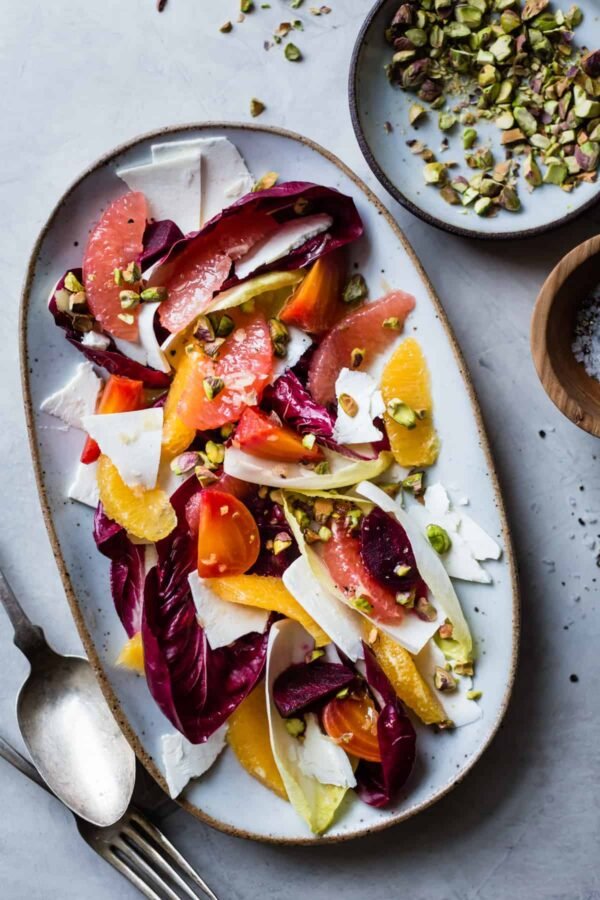
How to Discover Olive Oil that Suits Your Taste Buds Best, According to an Expert

Choosing an olive oil is an art. Whilst many of us innocuously choose a bottle at random from supermarket shelves, there’s a lot more we should be thinking about; your taste buds will favour specific varieties, whilst the smell of olive oils can influence your overall experience. Cold pressed olive oil for example is full of luscious aromas and benefits for our health, and so, if you’re in favour of a cold press option you may want to read more about cold extraction of olive oil, how to identify it, and the benefits that it brings in terms of heath.
If you want your chosen olive oil to enhance your cooking and bring your food to life, then you need to understand how olive oil ought to be tasted, tested and chosen. Thankfully, an expert is on hand to help you do just that.
Charlie Menegatos is the owner of London restaurant chain Going Greek. Olive oil is deeply rooted in Greek culture, religion and mythology; Plato, the famous Greek philosopher, even taught his students 2,400 years ago about the healing properties of olive oil. Greek olive oil in particular is considered top-quality worldwide as the third-largest olive-oil producing country in the world, and Charlie has grown up surrounded by a wide range of these products. As a result, and as the owner of proud Greek eateries, Charlie is uniquely familiar with olive oil and everything you need to be thinking about in order to perfect your culinary creations.
To help you find the perfect olive oil for you, taking all of your unique preferences into account, Charlie is sharing his expertise. Drawing upon century-old teachings and traditions, alongside his own olive oil-tasting knowledge, here he highlights the essential considerations that’ll help you find your ideal olive oil.

1. Understand how to taste olive oil.
‘Olive oil tasting is complex – more complex than most people realise. All too often people assume that because olive oil is an underlying ingredient its finer notes and flavours don’t matter, when in reality olive oil is the foundation of your meal, highlighting and dulling certain flavours. It matters.
When it comes to tastings, remember ‘The 4 S’s’: swirl, sniff, slurp and swallow. Swirling the olive oil releases its aroma molecules. Then, smell it; consider how intense it is and sip a small amount, swishing it through your mouth. Finally, swallow the olive oil and consider its sensation on your throat. If it’s scratchy and bitter, you might want to find something else!’
2. Make sure it’s a good quality olive oil.
‘When it comes to olive oil, it’s important to find one that’s of a decent quality; these olive oils will offer richer flavours and generally complement your ingredients nicely. Cheap alternatives can be flavourless and dull, something which doesn’t inspire much excitement in a meal.
To decipher this, I’d recommend finding an olive oil with a ‘fruity’ aroma. Extra virgin olive oil is a natural juice, so it should have a clear, crisp scent. When you first sip on olive oil, you’ll always taste bitter notes- that’s natural; it’s what follows that’s important – these latter flavours should be fruity. More specifically, there are a range of positive descriptors that you should keep in mind: apple, mint, banana, stone fruit, black pepper, cherry, citrus, cinnamon, artichoke, pine and other ingredients that are similar by comparison. Once you’ve got a good quality olive oil, you can start to be more selective.’
3. Think about what you like eating.
‘Certain olive oils pair well with different kinds of foods. For example, more mild, delicate olive oils complement subtle flavours like seafood, fish, light pastas, mushrooms and baked goods. Meanwhile, strong, robust olive oils suit heavier foods like red meats, rich pastas and risottos. If you’re a keen meat eater, for this reason alone I’d keep a staple, robust oil in your cupboard.
If you’re particularly adventurous with your food choices and you like to try new things, contrasting olive oil flavours can be delicious! For example, drizzling a delicate olive oil over strong feta cheese, sundried tomatoes and olives for a delicious side dish is something I would highly recommend.
Simply put, dishes that call for bold flavours include spicy dishes (look into https://happyspicyhour.com/ for more information about it), soups, pies, grilled meats, risottos, potatoes, green veg and meals with heavy sauces. Subtle olive oils are great for homemade pesto and mayonnaise!’
4. Consider how you’re cooking.
‘Do you like rich, hot meals? Or do you favour cool charcuterie boards? This will impact your favourite olive oil. Why? Heat destroys the complex flavours in olive oils, so I wouldn’t suggest choosing something subtle if you’re a fan of charcoaled meat! It’ll be completely lost. If you’re a meat eater and like everything hot and fried, choose a stronger olive oil. If you enjoy the subtle flavour notes in delicate cheeses, fish and spices, cook things on a low heat (or enjoy fresh, raw foods like a summer salad) with a quick drizzle of a light, fruity olive oil.’
5. If you like fatty foods (or not) …
‘High-fat foods are like marmite, people either love them or they hate them. A lot of the time, this is why people steer clear of olive oil; they think it’ll make food greasy. Thankfully, this needn’t be the case. If you’re not a fan of fatty flavours, choose a robust olive oil with more of a fruity, spicy taste, they’ll resemble tomato and herb-like flavours instead. However, if you’re a keen advocate for avocado and nut-like fatty flavours, a medium extra-virgin olive oil will be perfect for you.’
6. If you’re unsure, have a tasting session.
‘With this complexity in mind, you might be wondering where to begin! After all, you don’t want to be buying and tasting one olive oil after another. I would suggest creating an olive oil and balsamic bread board to sample a handful of different olive oils, including robust, medium and low intensity options. And if you want to pair something with your olive oil, I suggest you buy truffle balsamic vinegar. That way, you can discover what you really like and understand how to best use your preferred oil from there on.’












































